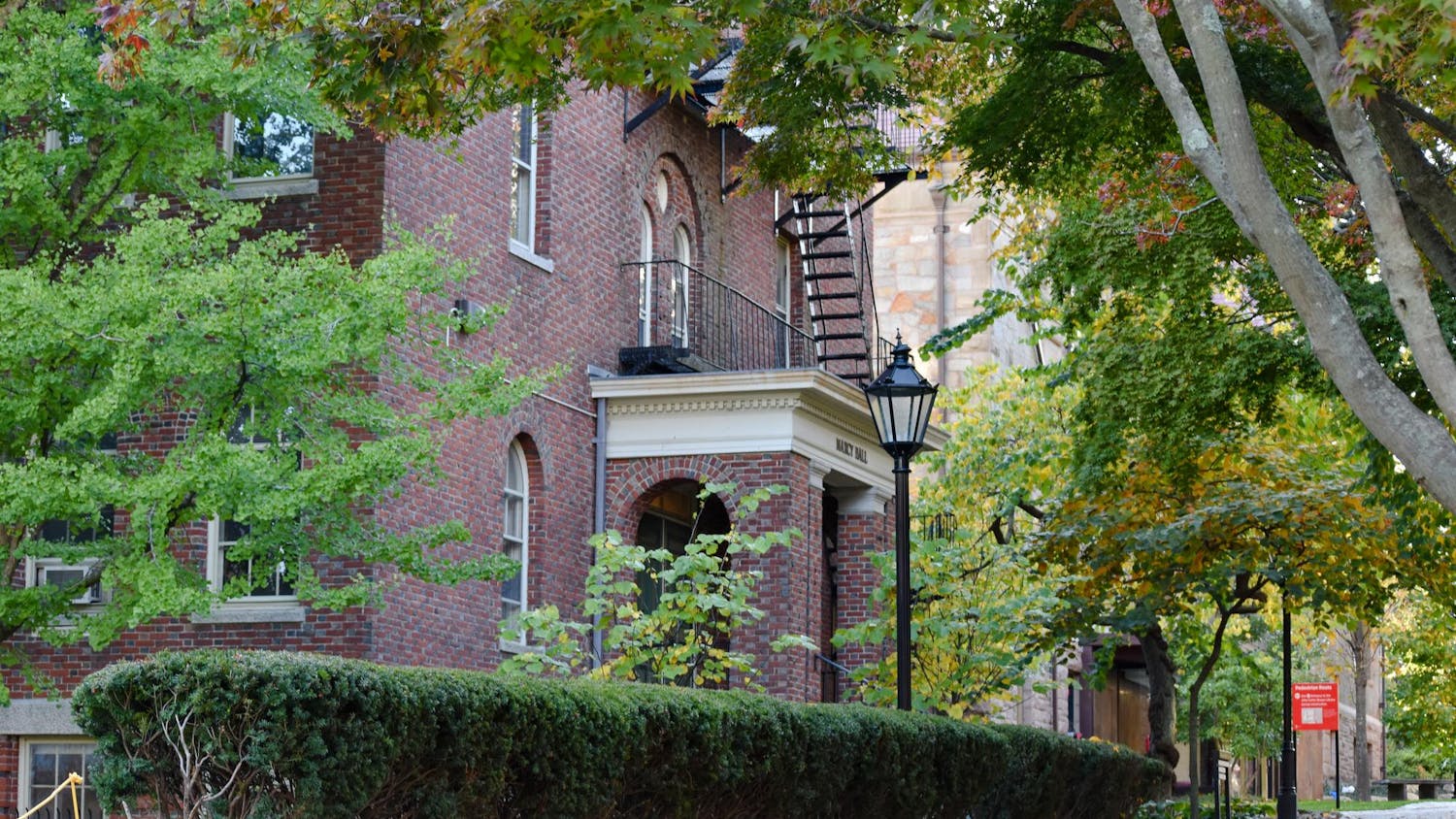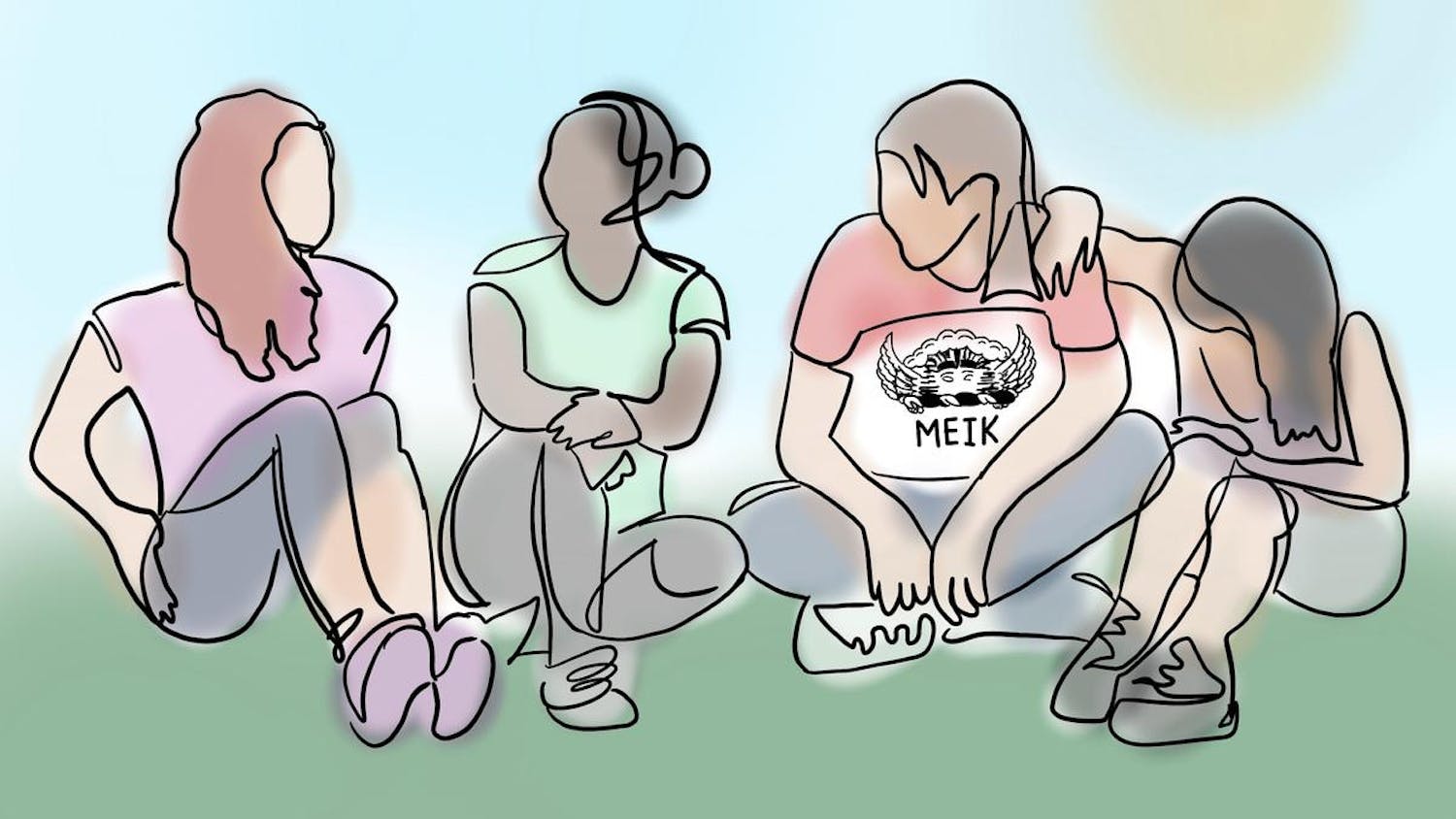The number of students concentrating in history has sharply declined over the past few years, according to Nancy Jacobs, director of undergraduate studies in the Department of History.
The general enrollment in history courses has also fallen, she said.
Eighty-four students graduated this past June with a concentration in history, according to the Office of Institutional Research, down from a high of 166 in 2003. In addition, while there were 3,445 course enrollments in the department in 2005, there were 2,106 last year.
"I think we view it as a challenge," Jacobs said. "It's something we would very much like to address."
In the past, people thought it was necessary to learn about history to gain "cultural literacy" and avoid similar mistakes in the future, she said. Students today are more concerned about their careers and do not instinctively believe that a history concentration would provide them with the necessary skills to succeed, she said.
"I think, as historians, perhaps, we haven't been as good as conveying what our analytical skills are," she said. "We haven't conveyed that we can really help students think about generalization, think about pattern recognition with qualitative information, think about processes, think about comparing different parts of the world in different time periods."
The department is looking for ways to advertise how a history concentration can provide these useful skills to students and lead them to successful careers in a variety of fields. Building a strong network between students and alums is a step in the right direction, she said.
In September, four alums — two journalists, a doctor and an entrepreneur — returned to campus for Brown Degree Days to talk about how their history concentrations led to their various career choices. The event demonstrated how history courses provide the necessary skills to enter a number of different career paths, Jacobs said.
The History Undergraduate Group also provides a place for students to get more involved in the department, meeting other students and faculty members, she said.
"We're hoping it can also become an opportunity to learn about alumni and what they're doing and to get a better idea of the models of possible careers of people who studied history," she said.
After studying abroad last year at the University of Cambridge, Max Straus '11 said he realized how important camaraderie among students studying the same subject is. Straus, a history concentrator, is in charge of organizing the undergraduate group and said he hopes it will allow students to establish connections.
"It's a nice opportunity for history students to get together," he said.
The department is also planning to introduce a few courses to their curriculum, said Omer Bartov, chair of the history department. The faculty hopes to stimulate interest in history by offering courses aimed at attracting large numbers of students without compromising their quality.
"So not have just sexy courses," he said. "Important courses but courses that will attract students who won't necessarily want to study history in the future but will think that they need to know some history."
A recent change in the history concentration requirements may have caused the number of concentrators to drop, Jacobs said. Ten courses have been required for the concentration from the 2005-2006 academic year, an increase from the previous requirement of eight courses.
Responding to a University-wide consensus that a concentration should require more than eight courses, the history department conducted a review in 2004 and 2005 that led to the increase.
"We really thought that we could have a concentration that was more rigorous, and we could give better training to our students by having more courses," she said.
Chronological breadth had always been expected of concentrators with a requirement of at least three courses in both the pre-modern and modern periods, but students must focus in three geographical areas as compared to two previously, she said.
The department was also trying to broaden its appeal and utilize the resources of the University by allowing students to take a multidisciplinary approach to their studies, she said. The two additional course credits required by the new policy can be received from other departments, while only courses offered by the department were considered before the change.
"We expected that would cause our number of concentrators to decline because we had a lot of double concentrators," she said. "We recognize that was the cost but thought it was more important to revise the concentration and improve it even at the cost of the double concentrators."
But the history department has experienced a number of other changes that may have caused enrollment numbers to dip more than in other humanities and social sciences departments, Jacobs said. Many history professors have recently been off-campus receiving awards and grants, preventing some popular courses from being offered, she said. Professors who return after a few years see a decrease in course enrollment, she added.
"I think faculty members have to be in place for three or four years in a row to really build up that following," she said.
Other popular faculty members have retired, and their courses are either no longer offered or are taught by new or temporary professors who are less well-known and do not have a comparable following, she said.
"These are all things that just happen in the life cycle of a department and perhaps even in a department that's improving its instruction and research," she said.
For now, Bartov calls on the University to maintain a strong commitment to the humanities in the face of growing investment in the sciences, by funding and supporting professors and attracting scholars through the Brown Humanities Initiative.
"Even if it is not the most trendy thing at the moment, so what?" he said. "I mean, as historians, we should not only look at trends. We should look at the larger picture."




